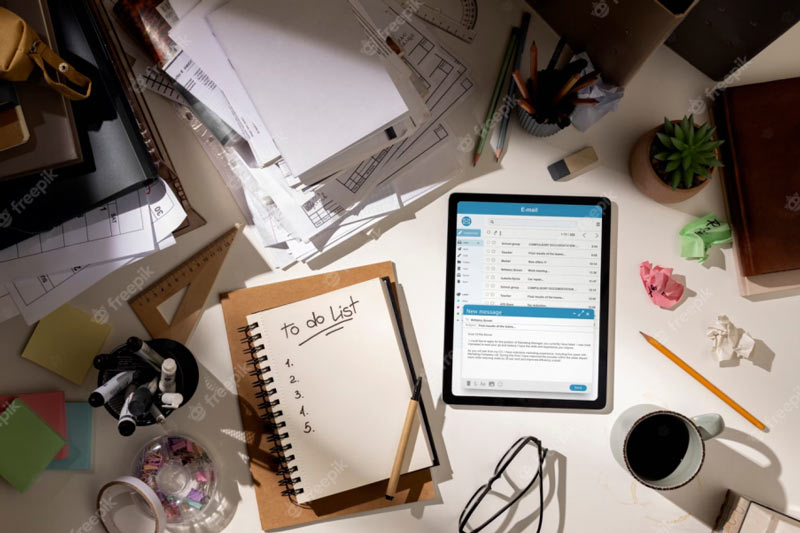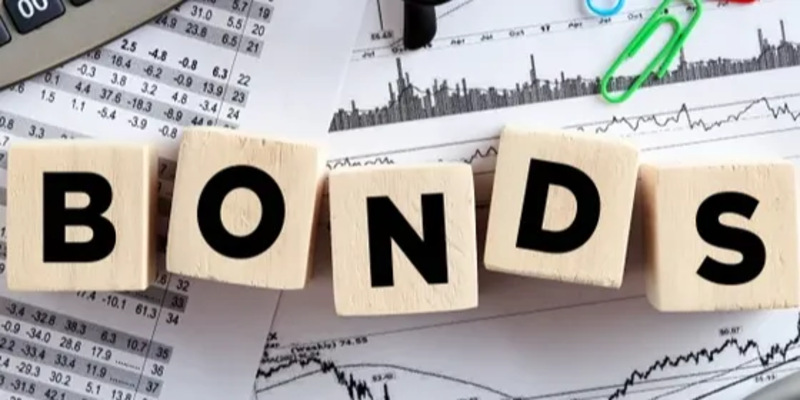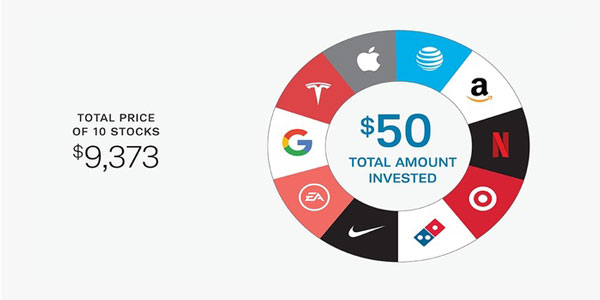How to Categorize Your Business Expenses?
Dec 22, 2023 By Susan Kelly
Are you a business owner looking for the best way to categorize and track your expenses? If so, then you've come to the right place! Categorizing your business expenses correctly can have a positive impact on the profitability of your business.
With proper classification, you can better understand where your company's resources are going and how much money is being spent on what. We'll provide helpful information about why organizing and categorizing your business expenses is important and step-by-step instructions for successfully doing so.
What is Categorize Your Business Expenses?

Categorizing your business expenses allows you to better track and manage your cash flow. Having the proper categories set up lets you determine which expenses are necessary for running a successful business. This helps you decide where to cut costs and how much money goes each month. The benefits of having organized business expenses include the following:
• Knowing exactly where your money is being spent
• Identifying areas of potential cost savings or reduction
• Accurate budgeting processes
• Easier tax filing at the end of the year
• Better insight into company performance metrics.
How To Categorize Your Business Expenses?
Now that you understand why it's important to categorize your business expenses let's look at how you can do it. The steps for successfully categorizing and organizing all of your business expenses are as follows:
Determine Your Categories
First, decide which categories make the most sense for your business. This will depend on the type of industry you're in and what types of expenses are common for that particular sector. Make sure each category is as specific as possible to ensure accuracy when tracking spending
Set Up Tracking System
Create a system to track your expenditures next. This can be done using a spreadsheet or accounting software like QuickBooks or Xero. Once you have everything set up, it's important to consistently update and maintain this system to ensure accuracy.
Categorize Expenses
Once your tracking system is in place, begin categorizing your expenses according to predetermined categories. This should include both one-time purchases and recurring monthly expenses. Depending on the complexity of your business, this process may take some time, but it's essential for accurate financial reporting.
Review & Update
Review and update your expense tracking system regularly to ensure everything is accurate and up-to-date. This will help you stay on top of any changes or anomalies in spending so that you can address them immediately.
Following these steps, you can accurately categorize and monitor your business expenses organizationally. This will improve your financial reporting and help you make better decisions for the success of your organization.
Categorize Your Business Expenses

Now that you know the steps for categorizing your business expenses, here are some final tips to help make the process easier:
Rent, Utilities & Phone
Create a separate category for rent, utilities, and phone bills. This will help make it easier to track essential business expenses unrelated to the company's core operations.
When in doubt, err on the side of caution when categorizing. If you need help deciding which expense category to go into, it's better to err on caution and create a new one. This will help ensure accuracy when it comes time to file taxes or prepare financial statements.
Salaries & Wages
Create a separate category for salaries and wages. This will make tracking payroll expenses easier and ensure you're following all legal requirements when paying employees.
Advertising Expenses
Create a separate category for advertising expenses. This will make it easier to track and measure the effectiveness of your marketing efforts' effectiveness and determine potential cost savings or reduction opportunities.
Vehicle Expenses
Create a separate category for vehicle expenses if company vehicles are used for business purposes. This will make it easier to track fuel and maintenance costs and any other related expenses associated with the operation of the vehicles.
Employee Benefits
Create a separate category for employee benefits. This will make tracking and managing the costs associated with providing benefits to your employees easier.
Meals Expenses
Create a separate category for meal expenses. This will make tracking and managing any costs associated with providing meals to employees or customers easier.
Office Supplies
Create a separate category for office supplies. This will make tracking and managing all costs associated with stocking your office with essential equipment and materials easier.
Business Insurance
Create a separate category for business insurance. This will make tracking and managing the costs associated with protecting your business from any potential risks or liabilities easier.
By following these tips, you can easily categorize your business expenses and better understand where your money is going each month. With proper classification in place, tracking and managing your business expenses for financial success will be much easier.
Categorizing your business expenses is an essential task when it comes to managing your cash flow. By taking the time to properly categorize all of your expenditures, you'll get a better understanding of where your money is going each month and how much you're spending on essential items.
This information can then be used to make informed decisions and ensure the financial success of your organization.
How can you tell if something is tax deductible?
When determining if an expense is tax deductible, the most important thing to consider is whether the expense was necessary for running your business. The IRS defines deductible expenses as "ordinary and necessary," which means that they must be reasonably related to generating income or reducing liability for the business. Common tax-deductible expenses include advertising, office supplies, legal fees, and business travel.
Suppose you still need to decide whether or not an expense is tax deductible. In that case, it's best to consult a qualified accountant or financial advisor who can provide more insight into the specific situation.
FAQS
How do you categorize types of expenses?
The most important step in categorizing types of expenses is to determine which categories make the most sense for your business. This will depend on the type of industry you're in and what types of expenses are common for that particular sector.
Why do we categorize expenses?
Categorizing expenses is important because it helps business owners better understand where their money is going each month. By categorizing expenses, you can easily identify spending areas that could be reduced or eliminated to save money. Having your expenses categorized will make tracking and reporting on them easier when filing taxes or preparing financial statements.
How do you categorize expenses in Excel?
You can categorize expenses in Excel by creating a new column for each category and assigning the appropriate category to each expense. You can also use formulas to automatically sort expenses into categories as they are added or updated.
Conclusion
To summarize, it is important to categorize business expenses properly to stay organized and ensure deductions are taken advantage of during tax season. Looking at each expense, ask yourself how the money was used and what type of purchase it was - that will help you decide where a particular expense should be categorized. Maintaining good records throughout the year can not only make your life easier when setting up for taxes but will also give your business a better sense of financial organization, which can be beneficial in the long run.

5 Essential Social Marketing Tips for Fintech Startups in 2024

Back Tax Relief: How To Get Rid Of Them

Methods to Efficiently Cash Out Your Life Insurance Policy

Buy or Sell Stocks

Understanding Bonds and Investment Opportunities

A Complete Guide About What Are Core Assets?

Investing in 3x ETFs Can Be Riskier Than You Think

All About the Fractional Investing: Get Started in the Market Without Much Money

How to Categorize Your Business Expenses?

